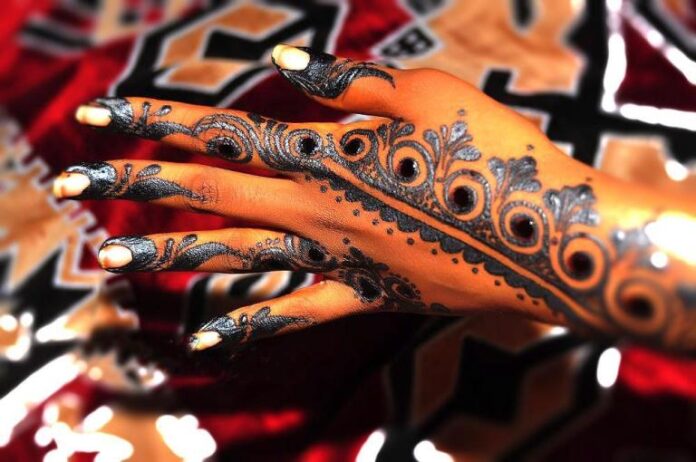Nigeria has numerous wedding rituals that are rich and uniquely special. The Kanuri traditional marriage is a special ritual that you should experience once in your life. The existing and colorful wedding brings the Kanuri people’s culture through dance, music, and their cultural activities.

The Kanuris are the dominant ethnic group in Borno State. The way the Kanuris conduct their wedding is unique in the Northern part of Nigeria.
Marriage in this tribe is done at an early age. The girls marry in their teens, while the men marry in their twenties.
The men are permitted to marry up to four wives, according to Islam belief.
For the Kanuri men, they have their first marriage at the age of 20. The parents marry a young bride to him, who is often between the ages of 10 to 14. The young men are advised to marry a young virgin the first time so they can grow old together. However, the marriage is expensive because of the high value placed on these young girls.
These little brides accept suitors who are accepted by their parents. The man must be from a known family, a relative, or a friend of the family. Meetings are broker by a member of the groom’s side and the wedding procedures are arranged.

The following happens before a wedding takes place:
- Confirmation of the bride’s consent to the groom.
- Fixing a meeting appointment by parents or guardians
- Elders seeking for the bride’s hands in marriage. This includes offering a bag of kola nut, chewing gum, and a carton of candy. The bride’s family distributes these items to well-wishers and relatives.
- Ra’aki , which means “Declaration of Interest” happens. This phase of marriage involves presenting bags, cosmetics, shoes, bags, and luggage full of clothes to the bride. The groom’s sisters, relatives, and female cousins execute this phase. To break the engagement news, kola nuts, chewing gum, and the candy is presented again.
- Ra’aki is half of the Kususuram phase, which is the main gift presented to the bride by the groom after the marriage.
- The third visitation of the groom’s relatives and agreement of dowry to be paid in gold coins.
- The fourth visitation to fix the date for the wedding. A marriage dowry is important and mandatory in Kanuri marriage.
- The son-in-law has a shame-avoidance relationship with his bride, which makes it possible for luwali, intermediaries to be used, and haggling is permitted during payment of dowry.
The wedding starts on Thursday with Nalle or Lalle. Lalle (Henna), for the decoration of by the bride and other females’ hands and legs.

Sacks of henna leaves, soaps, kola nut, chewing gum, candy, boxes of clothes, and incense popularly called Turaren wuta and Humra is given to the bride’s aunties from her father’s side [bawaa]. They exchange it with the groom’s family.
Friday at 7 pm prompt is the Wushe-wushe night, a colorful event on the eve of the big day at the bride’s home. Groom and friends come visiting. The wedding happens on Saturday with lots of activities.

